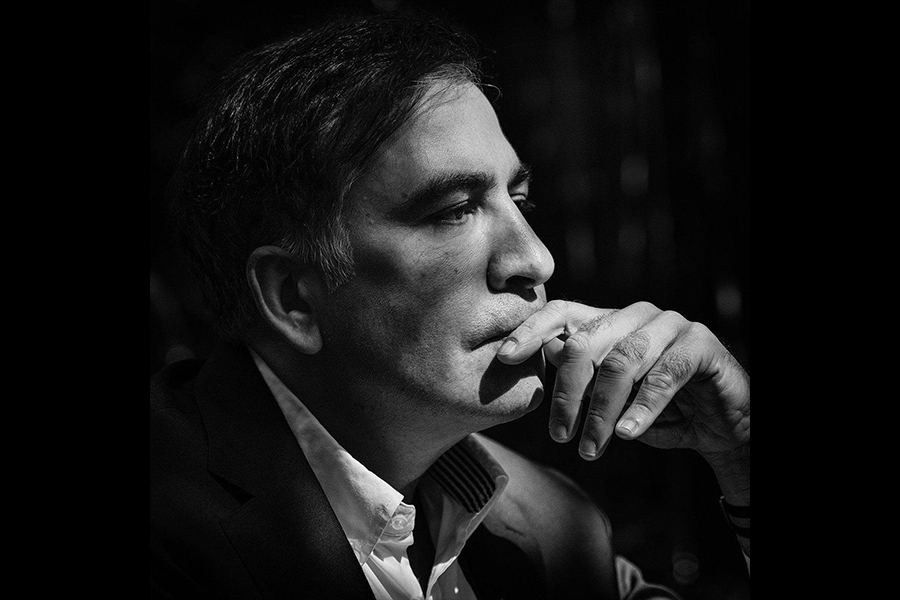The European Court of Human Rights (ECHR) has ruled that there are no grounds to believe that the criminal proceedings against former Georgian President Mikheil Saakashvili are unfair. Saakashvili is currently serving a six-year prison sentence in Georgia for charges of ordering the beating of an opposition lawmaker in 2005 and abusing power by pardoning four police officers convicted of murder in 2008. Despite claiming that the charges were trumped up, Saakashvili appealed to the ECHR, alleging that the prosecutions were designed to prevent him from participating in Georgian politics. The ECHR unanimously declared that there were no breaches of his right to a fair trial and rejected his complaints of an ulterior motive in the prosecutions.
Saakashvili, who served as the president of Georgia from 2004 to 2013, implemented pro-Western reforms during his tenure. After falling out with the ruling party in Georgia and moving to Ukraine, he was appointed as the head of an advisory reform council and governor of Odesa Oblast in 2015. However, his relationship with Ukrainian President Petro Poroshenko soured, leading to his stripping of his citizenship, prosecution, and deportation in 2018. Following the election of President Zelensky in 2019, Saakashvili’s Ukrainian citizenship was restored, and he was appointed as the head of Ukraine’s Executive Council for Reforms in 2020. Despite his attempts to boost support for the opposition in Georgia, he was jailed upon his return to the country in 2021.
Accusing the ruling party in Georgia of persecuting him at the behest of Russian President Vladimir Putin, Saakashvili’s deteriorating health has raised concerns. Ukrainian President Zelensky expressed his belief that the Georgian government is responsible for Saakashvili’s declining health, attributing it to a vendetta against the former president. The ruling Georgian Dream party’s efforts to maintain good relations with both Russia and the European Union have raised concerns, particularly in light of the recent protests in Georgia against a controversial “foreign agents” bill. The bill, which mirrors a Russian law, has sparked widespread opposition among the Georgian population, leading to nightly gatherings in front of the parliament building in protest.
The ongoing protests in Georgia have been fueled by opposition to the proposed foreign agents law, which the ruling Georgian Dream party is attempting to pass. Thousands of protesters have gathered outside the parliament building in defiance of the bill, which is set for a final vote on May 14. The law has been met with widespread criticism, with many viewing it as an attempt to suppress dissent and limit freedom of expression. The protests reflect growing concerns about the erosion of democratic values in Georgia and the potential impact of closer ties with Russia on the country’s political landscape. The outcome of the vote on the foreign agents law will be a critical moment in determining the future direction of Georgia and its relationship with its European neighbors.


